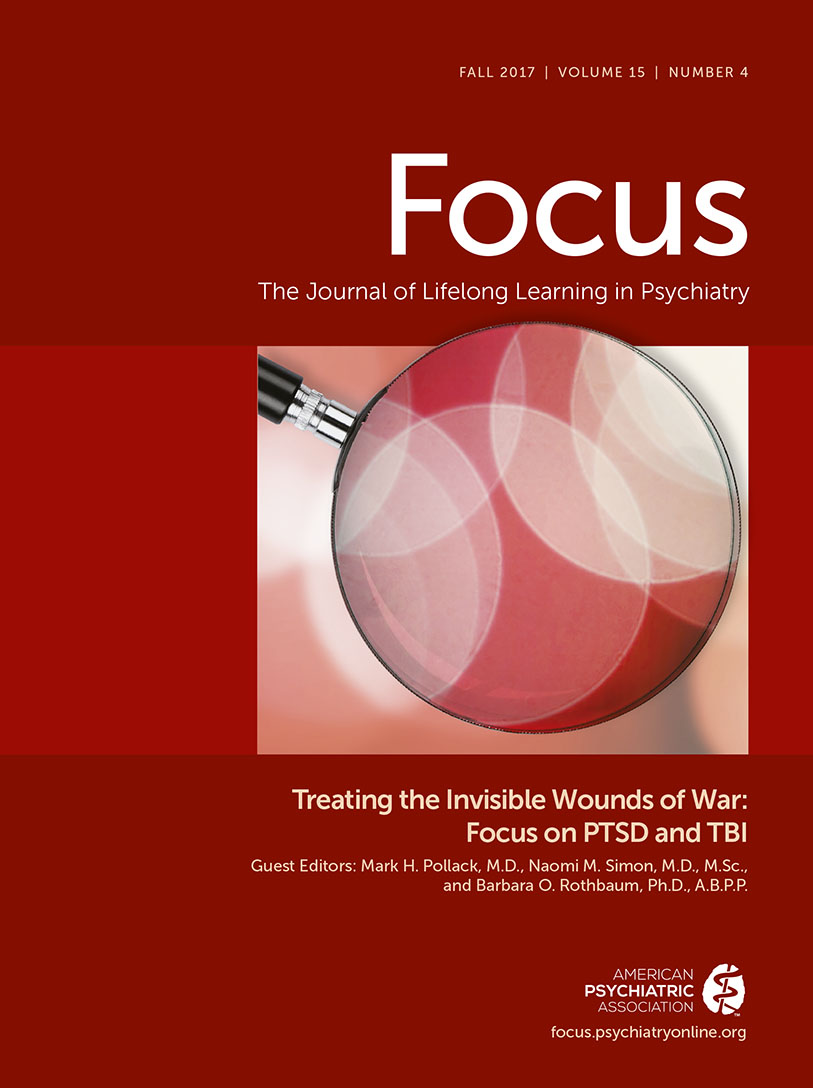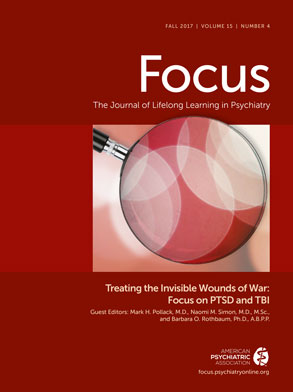During the past decade, there has been within the field of psychiatry and mental health at large a lot of attention to and exploration of the concept of “dual disorders,” or co-occurring disorders. In the beginning of this period, a few nations, but primarily Spain, began to focus on and address professionally the concept, and Spain has held several congresses to address the issue. To have co-occurring disorders means to have addictive disorders in conjunction with other psychiatric disorders, such as depression, schizophrenia, anxiety, or other mental illnesses and conditions. More recently, the concept of co-occurring disorders has gained acceptance within the field of psychiatry among other nations, including Canada, the United States, Mexico, Argentina, Brazil, Colombia, Portugal, and France. In Spain, for instance, the Spanish Society of Dual Disorders (SEPD) has organized annual congresses for several years. Along these lines, in 2015, a worldwide psychiatry and mental health society, the World Association on Dual Disorders (WADD), was also created.
In March 2017, SEPD and WADD held an international congress in Madrid with more than 2,000 mental health professionals in attendance and representation from all over the world. Research has been a high priority in these two organizations, with some very good results; for instance, research has demonstrated that patients who suffer from affective and anxiety disorders, as well as abuse of substances (drugs), were more commonly women (
1); similarly, men with psychotic disorders were more frequently associated with the co-occurring abuse of drugs (
2). Gender differences were also observed vis-à-vis drugs of abuse; among men, use of psychostimulants was common (43.5%), as was use of cannabis (30.6%), whereas among women, the most common drugs of choice were psychodepressants (60.9%) (
1,
2). Similarly, it has been demonstrated in Spain that affective disorders are the most frequent comorbid disorders (21.6%), followed by anxiety disorders (1.7%) and schizophrenia (3%) (
1,
3); also in Spain, it has been demonstrated that approximately 30%–50 % of the population who receive psychiatric treatment also have an associated substance use disorder (
3,
4). The Portuguese Association of Dual Pathology has recently published a book addressing the concept of dual pathology (
5). Recently, in the United States, much attention has been given to the concept of co-occurring disorders, resulting in several publications on the topic (
6). In essence, patients who have both substance abuse and mental illness often demonstrate symptoms that are persistent, severe, and resistant to treatment. It is obvious, however, that more attention and investigational efforts need to be given to this topic.

